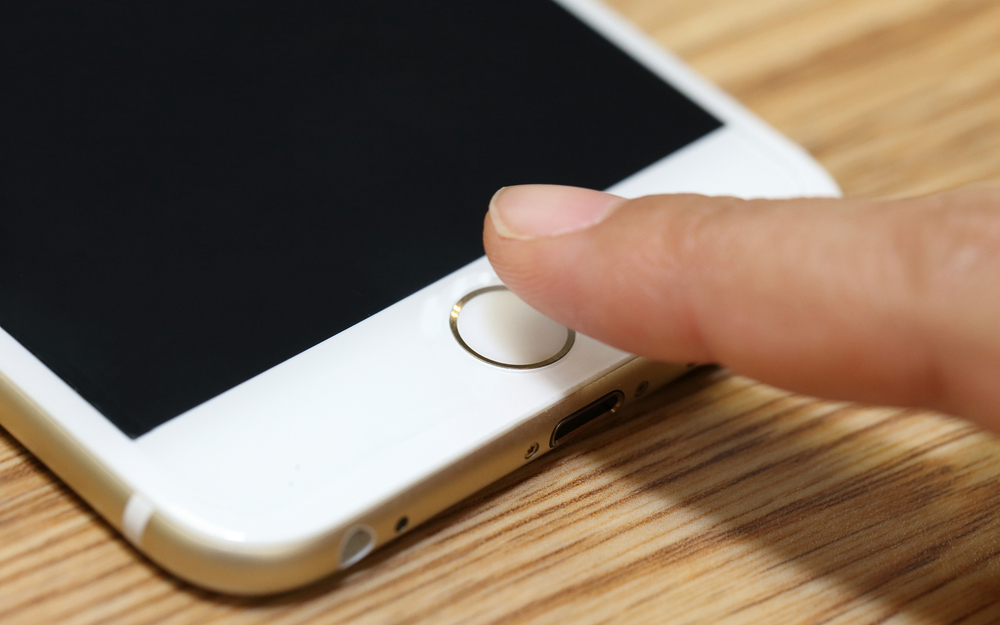Apps Are Selling Your Location: Here’s How to Stop It
Thousands of apps are secretly collecting and selling your location, according to a new report.
UPDATED Jan. 7, 2019 with news that the City of Los Angeles had sued The Weather Channel over these disclosures.
Back in October, Tom's Guide reported that it's possible for cheap mobile advertisements to spy on you through your phone. This morning, a report from the New York Times warns that smartphone apps do, in fact, gather, and sell, precise and detailed location data without customers' knowledge.
At least 75 companies receive these data, which are accurate to within a few yards, from users who have enabled location services for their apps.

These data are used to tailor advertisements to individuals, and sales of location-targeted advertising reached an estimated $21 billion this year.
The information is technically anonymous, sold without a user's name attached, but the Times was still able to identify users based on where they'd gone. One user, for example, was the only person regularly to commute between her home and her school.
The windows that pop up asking if you want to enable permissions generally don't tell you your data might be sold if you enabled it. Rather, these warnings tend to be buried in the apps' privacy policies, which are already vague and long.
More than 1,000 popular apps contain location-sharing code for these companies, the report says, citing data from mobile analytics firm MightySignal. This includes 1,200 Android apps and 200 iOS apps. Popular Yelp competitor Foursquare, for example, has "remade itself as a location marketing company," the report states, while the Weather Channel's apps, which claim to require location information to deliver accurate weather forecasts, also track and sell those data.
Get instant access to breaking news, the hottest reviews, great deals and helpful tips.
Luckily, if app tracking scares you, the solution here is easy enough. If you don't want companies tracking your location, you can deny apps access your location by going into your Settings and revoking permissions. And if you're an Android user, you can follow these steps to reset the advertising ID associated with your device, to make it harder for companies to identify you.
UPDATE Jan. 7, 2019: The City of Los Angeles has filed suit against The Weather Channel for improperly passing along user location data from its smartphone app.
Monica Chin is a writer at The Verge, covering computers. Previously, she was a staff writer for Tom's Guide, where she wrote about everything from artificial intelligence to social media and the internet of things to. She had a particular focus on smart home, reviewing multiple devices. In her downtime, you can usually find her at poetry slams, attempting to exercise, or yelling at people on Twitter.
 Club Benefits
Club Benefits





